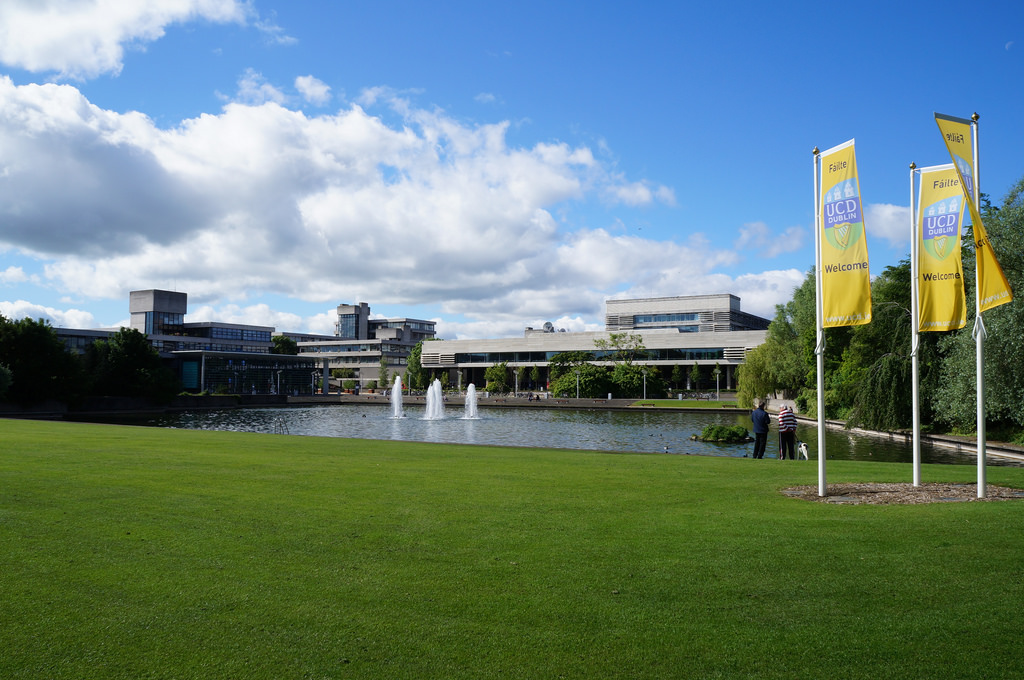University College Dublin (UCD) has become the first third level institution in Ireland to halt the sale of sugar-sweetened beverages (SSBs) on its campus. The decision was made following a seven-week trial earlier this year across 16 of its food and drink outlets.
The ban will only affect drinks containing caloric sugar additives, as these are subject to the recently introduced sugar tax. The policy will have no impact on sodas advertised as diet, zero calorie, or 100% fruit drinks.
During the trial, UCD removed all SSBs from the campus. Following the trial period, 600 students and staff were surveyed to see whether they had noticed the change and whether they varied their purchasing habits as a result.
75% of respondents who purchased sugary drinks did not notice the absence of SSBs during the trial, according to the survey. Additionally, the majority of customers switched to healthier drinking options without complaint. Campus retail outlets also experienced a 7% increase in demand for no sugar or low sugar drinks.
An internal summary of the seven-week trial outlined its success, stating: “The results of the trial suggests that changes to the retail environment can go unnoticed, and that consumer behaviour can change without conscious awareness.”
Odhran Lawlor, UCD’s Hospitality Services Manager, initiated the removal of sugary drinks. Lawlor first secured the agreement of campus retail outlets. The initiative was overseen by Healthy UCD, a committee set up in 2016 to make UCD a healthy environment for students and staff.
The ban follows the recent introduction of a national sugar tax, which took force in May. The sugar tax targets drinks containing more than eight grams of sugar per 100ml, and imposes an added cost of 30 cent-per-litre on these drinks. Ireland is one of few countries to introduce the tax alongside France, Mexico, and the UK.
A study of Trinity undergraduates earlier this year showed that Trinity students drink fewer sugar-sweetened drinks than the national average. They also eat more fruit and vegetables and fewer snack portions. The study identified lack of time as the key barrier to healthy eating among students.







